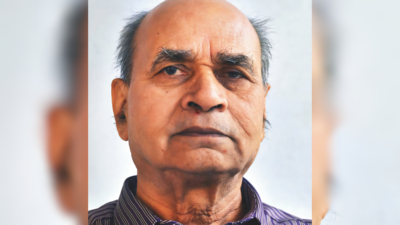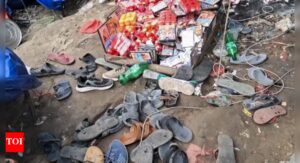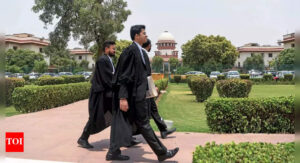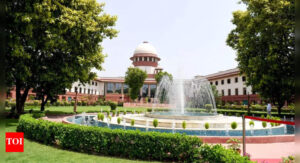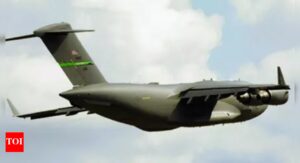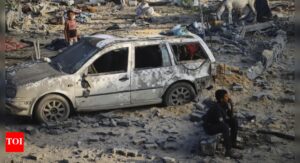50 years of Emergency: ‘At that time, truth itself was censored’; press silenced & journalists jailed, fear gripped newsrooms | Lucknow News
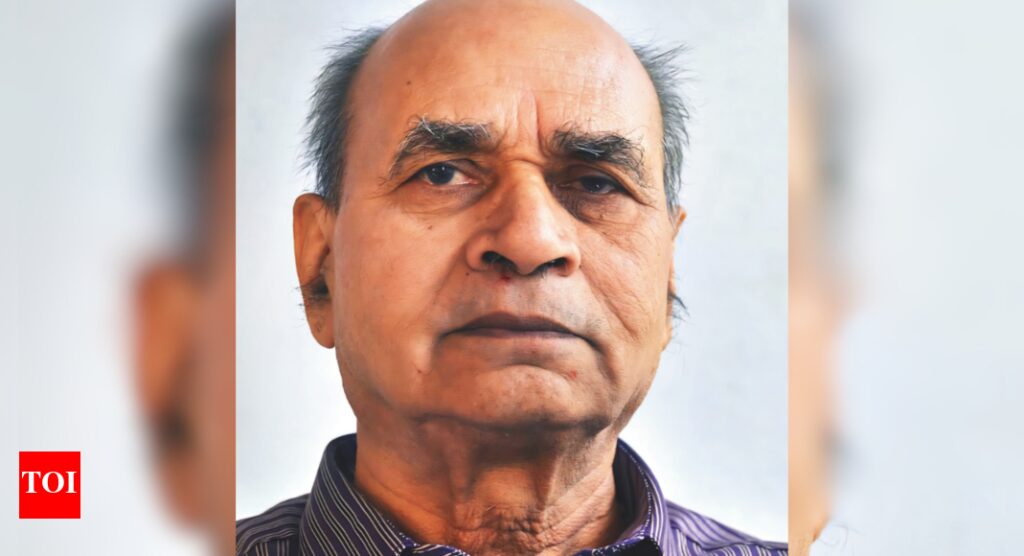
LUCKNOW: Referring to press censorship and the role of the press during Emergency, BJP veteran LK Advani once famously remarked, “When the media was asked to bend, it crawled”. This quote captures the dark chapter in Indian journalism when the press surrendered before the state.Veteran journalist JP Shukla, who served with both ‘The Hindu’ and the Press Trust of India (PTI), recalled the grim picture of press freedom during 1975-77. “It was a time when truth itself was censored, and journalists were either silenced or turned into targets,” he said. On the night of June 25, 1975, when the Emergency was declared, newspapers across Delhi were forced to shut down.“No newspaper was printed the next day,” said Shukla. In Lucknow, news agency services went silent. What followed was complete press censorship. “Every news item had to be submitted to censor office under the information department before publication. Original stories filed by reporters were not published, instead pre-approved agency copies with the byline mentioning ‘Staff Reporter’ became the norm,” he said.“Initially, censorship was limited to news content, and many editors used the editorial space to express dissent. However, once this was noticed, even editorial freedom was revoked. Some newspapers protested by leaving editorials blank or printing them with black borders. A few journalists and editors were arrested. One editor in Varanasi openly criticised the PM and was jailed with the publisher,” he said.Shukla recalled an incident involving Chaudhary Charan Singh. “He delivered a three-hour speech in the Assembly but the newspapers were allowed to print only one line: ‘Chaudhary Charan Singh criticised the govt’. The rest was censored,” he said. “Many journalists went underground to avoid arrest. PK Roy of ‘The Hindu’, against whom an arrest warrant was issued, continued to report secretly from Lal Kuan office of ‘Amar Ujala’ in Lucknow. Ironically, journalists who remained free were sometimes mocked by their pro-govt peers, with comments like, ‘You haven’t been jailed yet?’” recalled Shukla.
